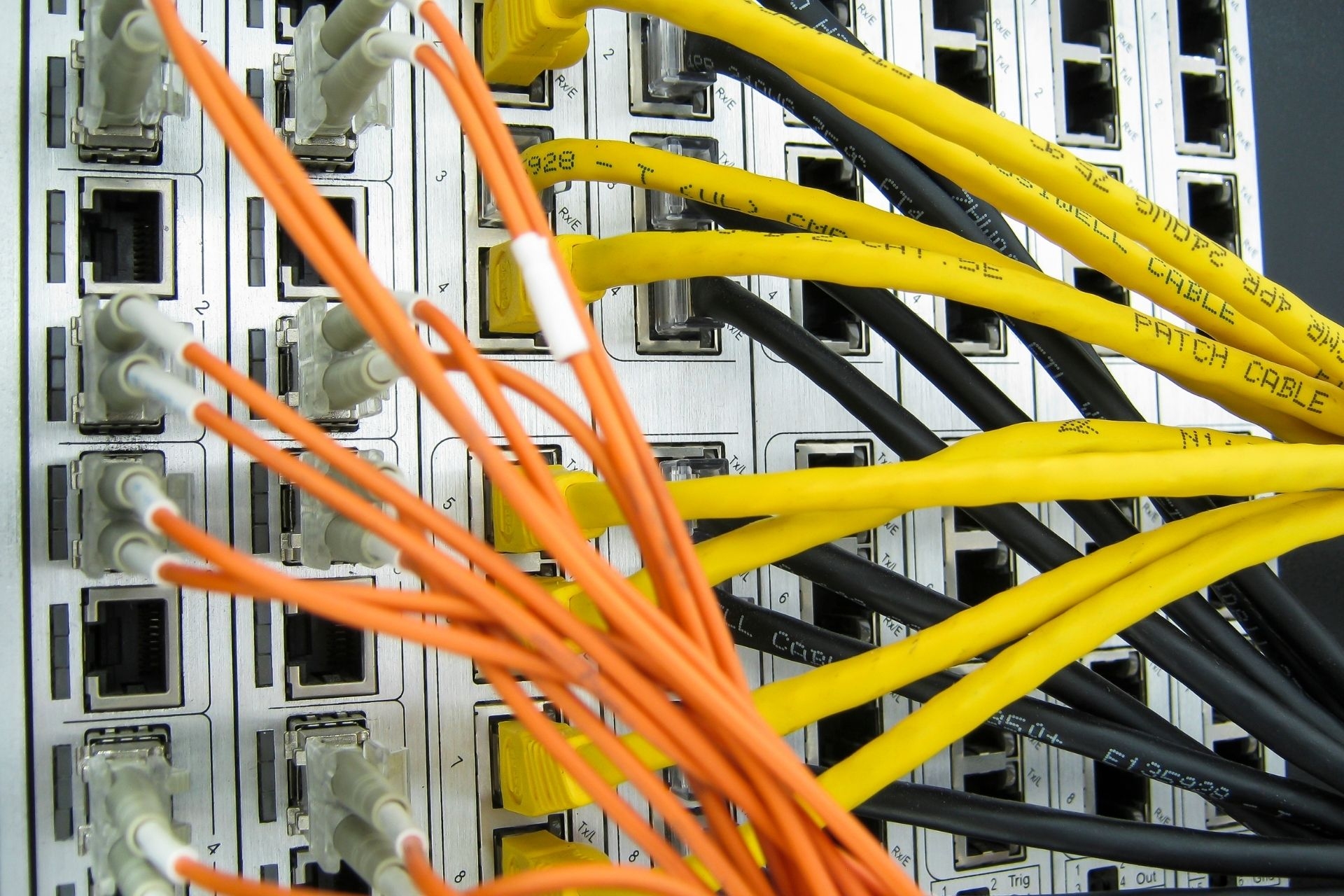Satellite Internet Modems
How does a satellite internet modem connect to a satellite in space?
A satellite internet modem connects to a satellite in space through a process known as two-way communication. The modem sends data requests to the satellite, which then relays the information to a network operations center on Earth. The center processes the request, retrieves the requested data, and sends it back to the satellite, which in turn transmits it to the modem. This communication is facilitated through radio waves, allowing for a seamless connection between the modem and the satellite in space.







